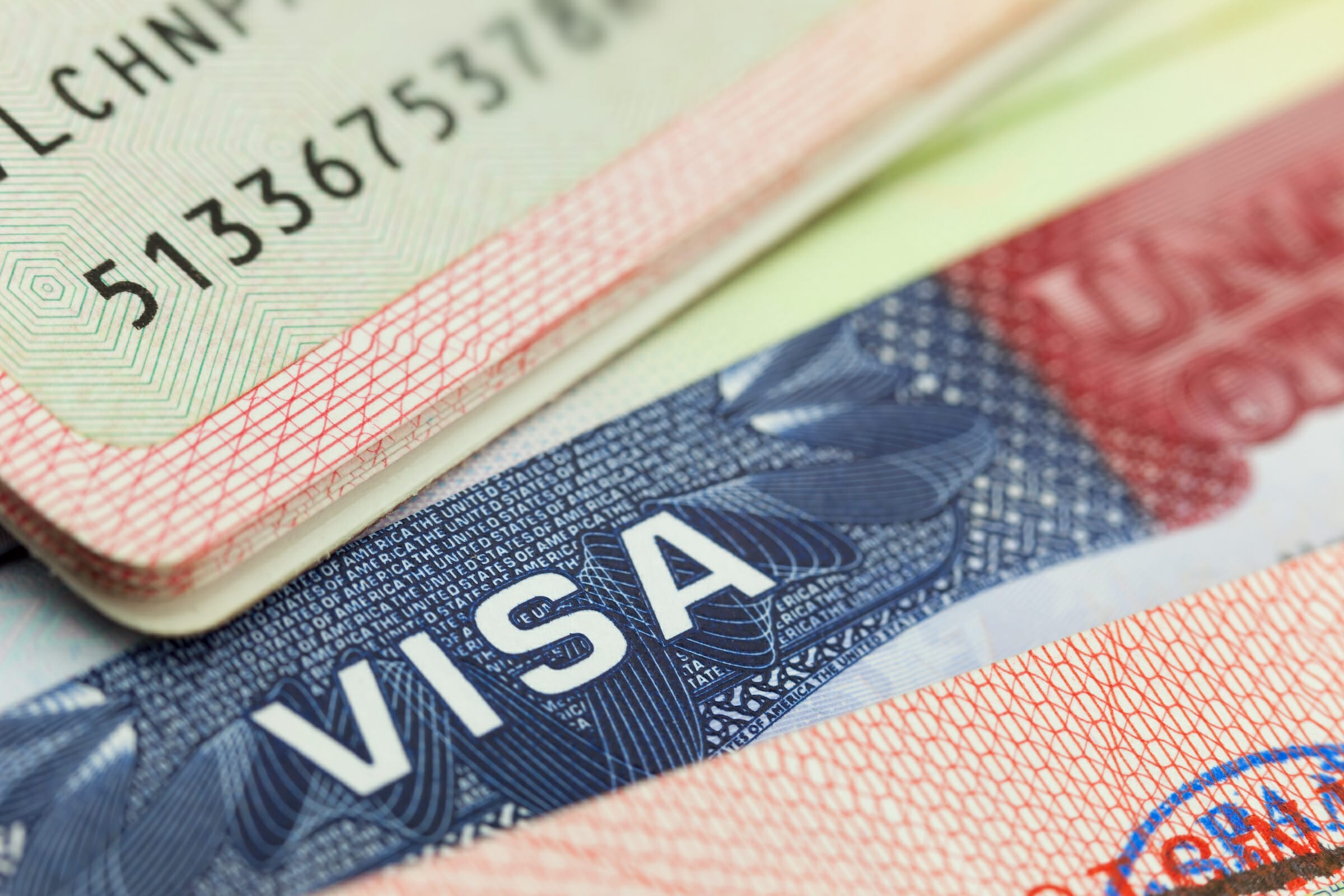The retirement visa, officially known as the Non-Immigrant O-A visa, is a popular option for foreigners who wish to retire in Thailand. Here are some key points regarding the popular content of the retirement visa:
- Eligibility: To qualify for a retirement visa in Thailand, you must meet the following requirements:
- Be at least 50 years old
- Have a valid passport with at least 18 months of remaining validity
- Provide proof of financial means to support yourself during your stay in Thailand (e.g., bank statements showing a specific amount of funds, a combination of bank account balance and monthly income, or a pension statement)
- Visa Application: The retirement visa application process typically involves the following steps:
- Apply for a Non-Immigrant O-A visa at a Thai embassy or consulate in your home country or country of residence.
- Provide the required documents, which may include a completed visa application form, passport-sized photographs, passport copies, proof of financial means, medical certificate, and other supporting documents as requested by the embassy or consulate.
- One-Year Initial Entry: Once you have obtained the retirement visa from a Thai embassy or consulate, it grants you a one-year initial entry into Thailand. Within 90 days of your arrival, you must apply for a one-year extension of stay at the nearest Immigration Office in Thailand.
- Annual Extension of Stay: To maintain your retirement visa and stay in Thailand beyond the initial one-year period, you need to apply for an annual extension of stay. The requirements for the extension typically include:
- Meeting the financial requirements, such as having a specific amount of funds in a Thai bank account or demonstrating a certain monthly income.
- Reporting to the local Immigration Office every 90 days to confirm your address and maintain your stay.
- Re-entry Permit: If you plan to leave Thailand temporarily during your stay, it’s advisable to obtain a re-entry permit before your departure. This allows you to re-enter Thailand without canceling your retirement visa.
- Health Insurance: While not currently a mandatory requirement, having health insurance coverage is strongly recommended for retirees in Thailand. It provides financial protection in case of medical emergencies and can help cover the costs of healthcare services.
- Reporting Obligations: As a retirement visa holder, you are required to report your current address to the local Immigration Office every 90 days. Failure to comply with this reporting requirement may result in penalties or even the cancellation of your visa.
It’s important to note that visa requirements and processes can change over time, so it’s advisable to consult with the nearest Thai embassy or consulate or seek guidance from a qualified immigration lawyer to ensure you have the most up-to-date information and to facilitate a smooth application process for the retirement visa in Thailand.






